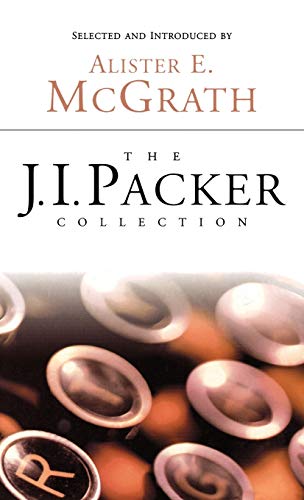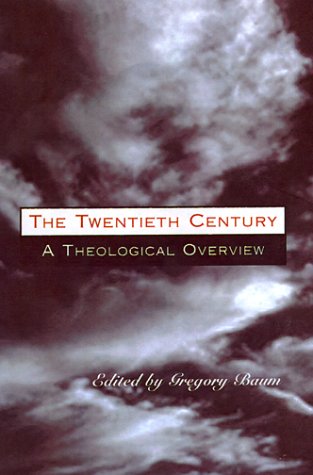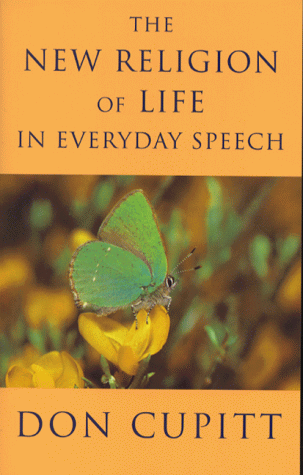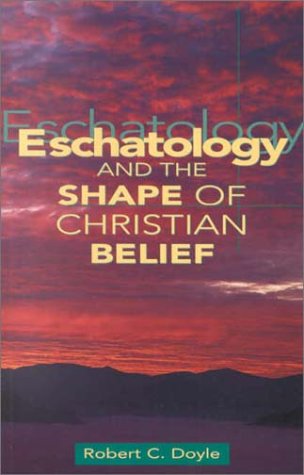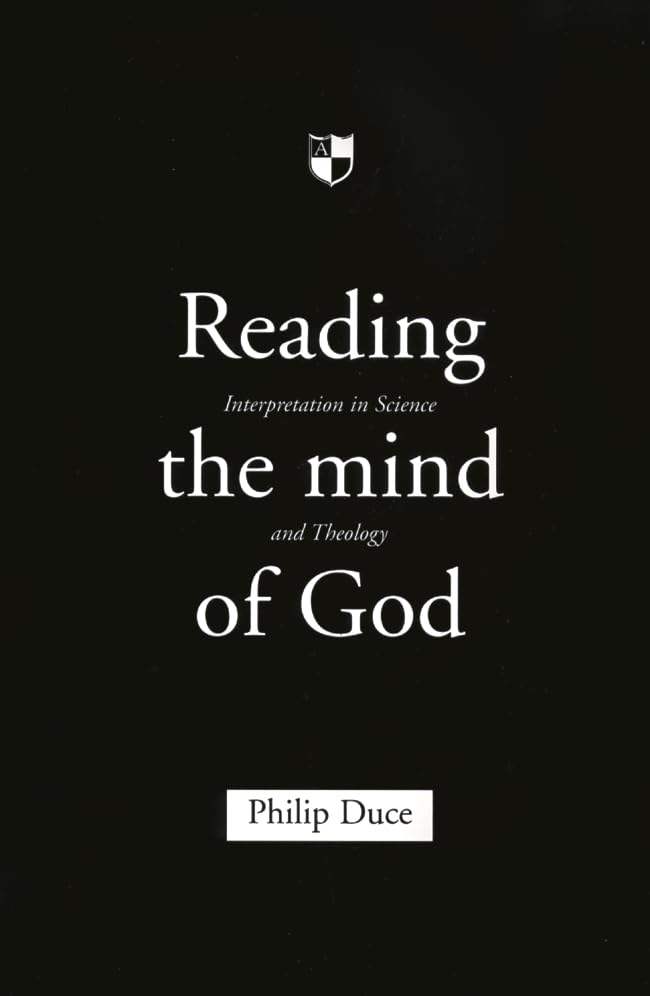Volume 26 - Issue 1
Editorial Comment
By Carl TruemanThe following document, initially printed in the American magazine, Christianity Today in June 1999, is reprinted here because of its singular usefulness in clarifying exactly what is and is not the Christian gospel at this particular point in time. As an introduction to the piece, however, one or two comments are in order.
First, the document is, in an important sense, not a church creed or confession. It should not be seen as the modern equivalent of the Nicene Creed or the Westminster Confession of Faith, both of which were formulated within a particular church framework and enjoy official status as doctrinal standards of churches around the world. This document is a more ad hoc affair, not having been commissioned or produced within a specific ecclesiological setting and serving the specific, limited function of clarifying important terms and doctrines in the current theological climate.
Second, having said this, the names of members of the Drafting Committee (e.g. Don Carson, Timothy George, Thomas Oden and James Packer) and those of the endorsing committee (e.g. Eric Alexander, Donald Bloesch, Gerald Bray, John Bolt, Wayne Grudem and David Wells) should alert us to the fact that this is not an insignificant document. These are not men known for their superficiality or for wasting time on trivia. In addition, they represent a significant variety of evangelical theological traditions, from Dutch Reformed to Anglican to Charismatic. When such men speak out with one voice, the rest of us should sit up and take notice.
Third, the issue at the heart of the statement is one of the points at which evangelicalism is under most pressure at the moment. We are all aware of the way that the Doctrinal Basis of UCCF was understood (in accordance with the catholic creeds and the consensus of the Reformation). The problem, of course, is that doctrinal statements, for a variety of reasons, tend in practice to become more flexible and therefore more meaningless as time goes by and as theological declension goes unchecked. In recent years, however, a new area of doctrinal revisionism has joined the litany of traditional pressure points: ecumenical co-belligerence by Protestants and Catholics in the churches and the arrival of the New Perspective on Paul in the academy have made justification once again a matter of controversy.
Justification is, of course, an old pressure point, being one of the central issues in the breach between papal Catholicism and Protestantism in the sixteenth century. Indeed, when one looks at subsequent Protestant statements (at least of the confessional orthodox variety) and at the Canons of Trent, the two movements have in large part defined themselves in large part over against each other on precisely this issue. In recent days, however, the New Perspective on Paul, pioneered by E.P. Sanders and picked up in Britain by James Dunn and N.T. Wright, has challenged not only the correctness of the traditional Protestant notion of justification epitomised by Luther but even the legitimacy of the terms of debate in the West at least as far back as Augustine. Given this assault on the tradition, and the perennial ecumenical pressures which are always call for a downplaying of the doctrine’s importance to the church, a robust statement such as that printed below is most welcome. Put simply, this statement clarifies the traditional Protestant position, demonstrates what is at stake in attempts to redefine the doctrine, or sweep it to one side, and, most important of all, relates the whole to the fact that salvation is available only in and through the work of Jesus Christ. Let us make no mistake: revising justification, either in line with ecumenical Protestant-Catholic concerns or in terms of the New Perspective will involve a fundamental redefinition of what Protestantism is and what the gospel claims to be. That does not necessarily make such a revision incorrect—all human formulations must be tested continually by the standard of Holy Scripture—but it does mean that we should be very careful before moving to abandon time-honoured positions.
One final comment on the piece: it ends with a series of counterpointed affirmations and denials. This may jar with some but is, sadly, necessary. Both Tridentine and New Perspective views of justification are excluded by any honest reading of the UCCF Doctrinal Basis (DB), as are inclusivist and pluralist understandings of salvation and unitarian notions of God. That the DB does not make these denials explicit does, however, leave the document more open to specious interpretative manipulations and abuse than might otherwise be the case. It is therefore refreshing to find an evangelical document like that following which takes such care to define where it stands, that it does not flinch from stating the obvious negative counterpoints of its positive affirmations. Indeed, the positive affirmation of something inevitably involves the rejection of something else, even if that rejection remains tacit. Nevertheless, the tacit nature of these boundaries leaves UCCF vulnerable. One hundred years ago, the Student Christian Movement (SCM) sought to define itself in an undogmatic, positive way that refused to draw boundaries. The rest, as they say, is history—which is certainly what the SCM became. Today, the SCM as a student movement is virtually defunct; but there is evidence that the undogmatic temper of the SCM of yesteryear is alive and well even within the institutional boundaries of British evangelicalism. Indeed, to anyone familiar with the history, the parallels in terms of attitude and culture between the SCM of the early twentieth century and various bodies today are positively unnerving. Now, an evangelicalism which only defines itself in positive terms may appear attractive but the bottom line is that it lacks any meaningful boundaries. This frightens me for the simple reason that such an evangelicalism is inherently and unavoidably unstable, less a movement with a purpose than a meaningless spectrum of theological opinion. The SCM should serve as a salutary warning to any who think evangelicalism can prosper through a refusal to draw appropriate boundaries.
So, then, let us all read the following to see a clarification of what the gospel really is, of how significant current doctrinal debates on justification are, and to remind ourselves of the need to realise what evangelicalism is not. And let us not forget to give thanks that God has given to the church men and women with the moral fibre and integrity to say ‘no’ once in a while.
Carl Trueman
Carl Trueman is Professor of Biblical and Religious Studies at Grove City College in Grove City, Pennsylvania.


